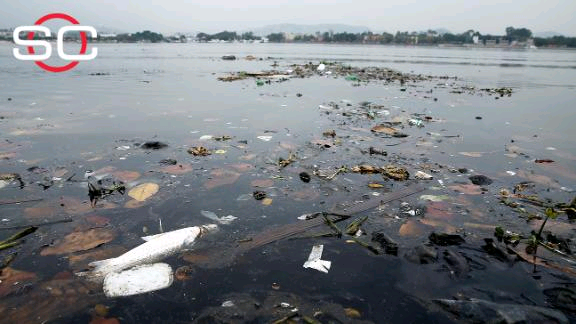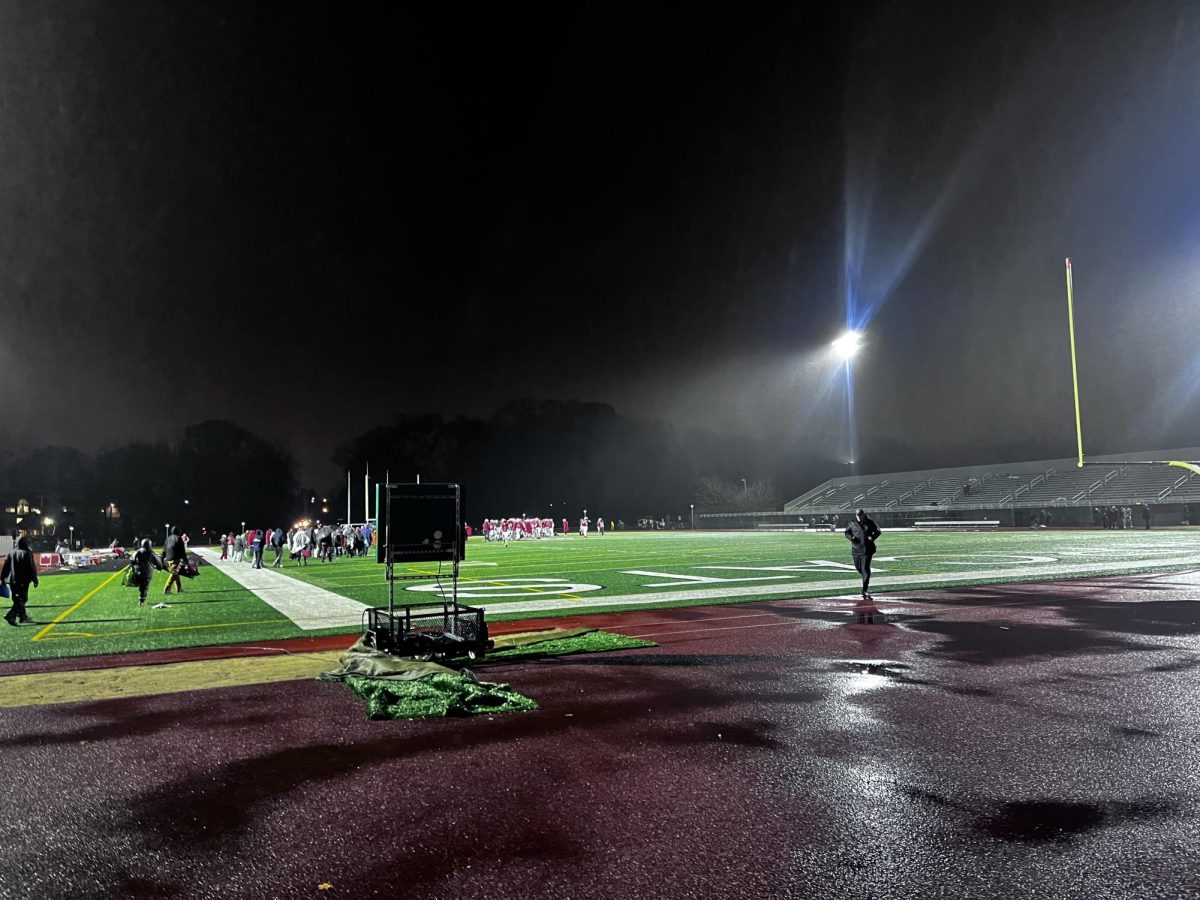On October 2, 2009, the city of Rio de Janeiro was awarded the opportunity to host the 2016 Summer Olympics. Since then, numerous problems have arose in the city and they do not show any sign of being taken care of within the next 5 months before the Olympics begin. When a city wins an Olympic bid, they are given 7 years from that point until the games begin. Within this period of time, they build the necessary arenas, improve infrastructure, and deal with any problems that would affect the success of the games. In the case of Rio de Janeiro, the main issue from the beginning has been the contamination in the water supply.
Rio de Janeiro is surrounded by large bodies of water, which makes it perfect for the rowing and sailing events. However, the water in which the athletes will swim in is extremely unclean and is not safe. In a report conducted by the Associated Press, it is seen that the water is filled with trash, sewage, dead animals, and human waste. The testing done by the Associated Press, which began last July, showed that the number of waterborne diseases due to the presence of human waste is 1.7 million times higher than what is considered severe by other countries. The amount of contamination in the water poses a huge health risk to the athletes. In fact, last year in a test event, a German sailor became infected with multiresistant, flesh-eating bacteria, after sailing in the water surrounding Rio de Janeiro.
But the water is not the only problem that has arisen. The recent Zika Virus outbreak in South America is another major issue. One of the countries plagued by this outbreak is Brazil. The Zika Virus is a virus that is transmitted through mosquitos. The virus has mild symptoms for anybody who contracts it and the Center for Disease Control has stated that the best way to fight off the virus is to get rest. However, newborn babies whose mothers have the Zika Virus can have major birth defects, such as a shrunken head or brain damage. The outbreak of the Zika Virus has caused even more concern for athletes and their health.
Based on the two major health issues plaguing Rio de Janeiro, it is in the best interest of the International Olympic Committee (IOC) to cancel the Olympics this summer. The last time that the Olympics were cancelled was in 1944, due to World War II. However, the health risks are too severe and unsafe for participating athletes in this year’s games. Along with this, Brazil was given seven years to prepare Rio de Janeiro for the Olympics, but they have made very little progress in improving the city. The IOC has continually stated that they have faith in Brazil that all the problems will be fixed within the next five months. However, if Brazil hasn’t been able to come up with a strong solution, besides from building “eco-boats” and closing off parts of contaminated water, in the last seven years, why should it be believed that they’ll do it in the next five months?
Brazil has clearly demonstrated their lack of preparedness to deal with major health problems such as this. Because of this, they should not be rewarded by giving them the opportunity to still host the games. The games need to be cancelled and Brazil needs to devote their attention to cleaning the water supply and dealing with the Zika outbreak. The Olympics just adds another burden that they will have to juggle while everything else is going on. They need to show that they can handle a problem like this if they want any chance of hosting the Olympics in the future.






